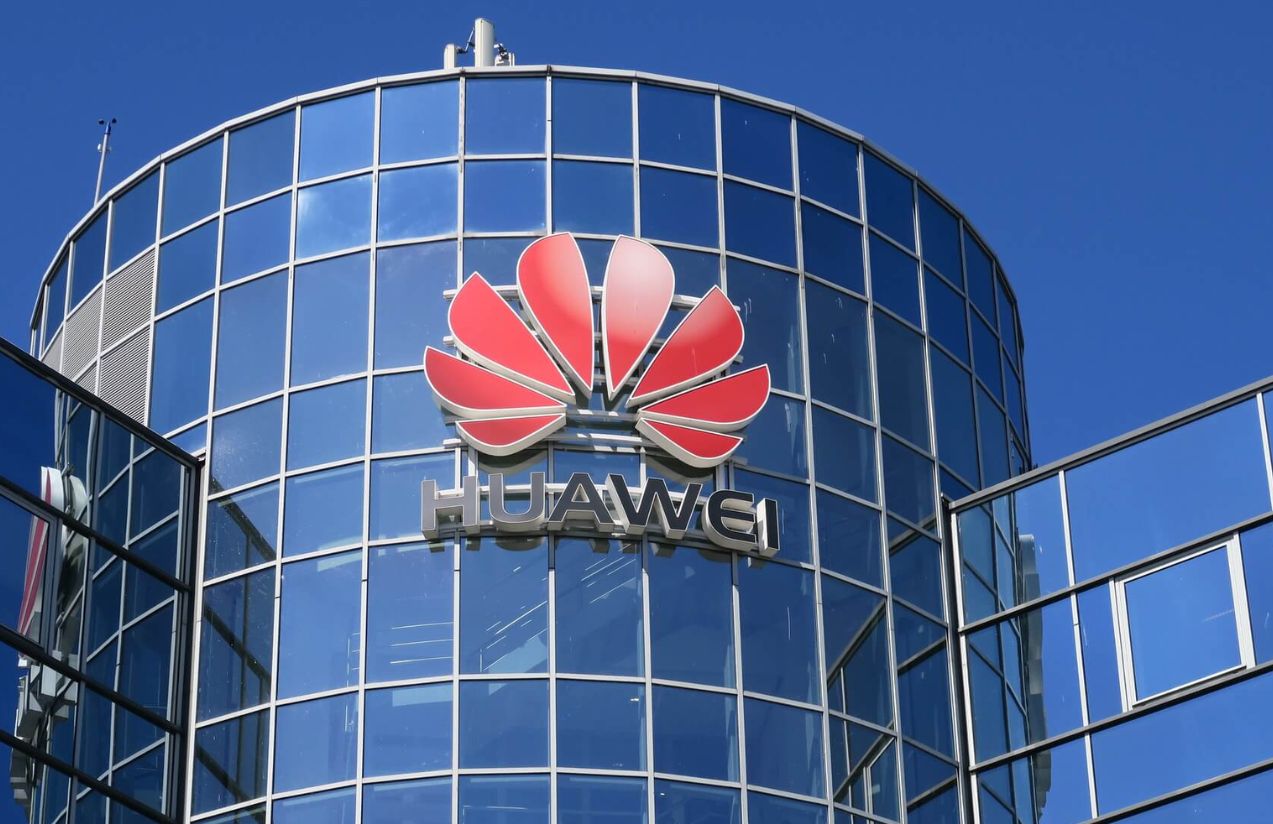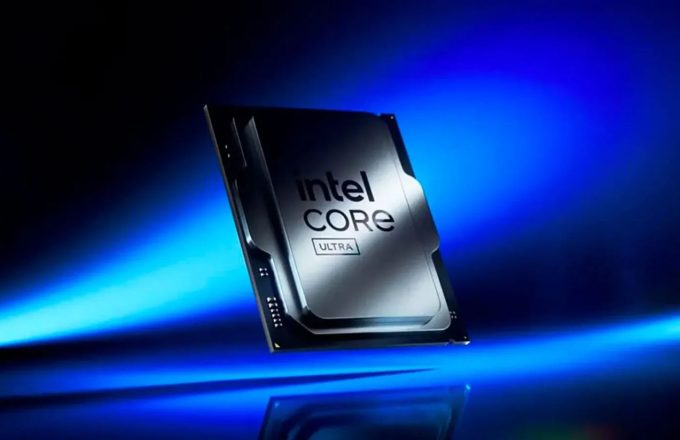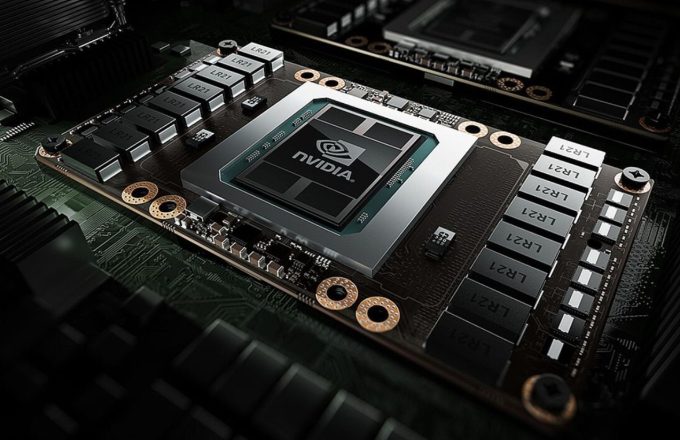The U.S. Department of Commerce has escalated its campaign against Huawei, taking a decisive step to limit the Chinese tech giant’s international reach. In recent weeks, Huawei has introduced two new artificial intelligence chips, the Ascend 910D and Ascend 920, aiming to fill the gap in the Chinese market left by NVIDIA as a result of fresh U.S. sanctions.
The California-based company, led by Jensen Huang, can no longer supply its H20 GPU to Chinese clients. Huawei sees this as an opening to promote its Ascend 920 as a direct replacement. Meanwhile, the Ascend 910D sets its sights even higher, aiming to match the performance of NVIDIA’s powerful H100 GPU—positioning itself as a credible domestic alternative.
While the U.S. cannot block Huawei’s sales within China, it has tightened measures to restrict the company’s chip exports abroad. The legal foundation for this move lies in the alleged unauthorized use of American technology in the development of Huawei’s Ascend chips—violating U.S. export control laws, according to the Commerce Department.
This is not a new approach. The U.S. has previously applied similar reasoning to prevent ASML—a Dutch company and global leader in chipmaking equipment—from selling its most advanced lithography systems to Chinese customers. These systems, including extreme ultraviolet (EUV) and deep ultraviolet (DUV) machines, rely heavily on key technologies developed in the United States, giving Washington leverage to block their export.
Now, a similar strategy is being used to prohibit any country from purchasing Huawei’s Ascend GPUs. The U.S. claims the Chinese company used American technologies illegally during the development process, thereby breaching export control regulations.
Still, enforcing this ban globally will be no easy task. The U.S. is likely to face challenges if these chips make their way to China-aligned countries, where restrictions may be harder to uphold. Washington’s enforcement strategy includes the threat of financial penalties, the revocation of export licenses, and even criminal charges for violators.
It’s important to note that not all Huawei AI chips are currently restricted. The ban specifically targets the Ascend 910B, 910C, and the newly announced 910D. However, the original Ascend 910, legally manufactured by TSMC in 2019 and 2020, remains free to circulate globally.




















